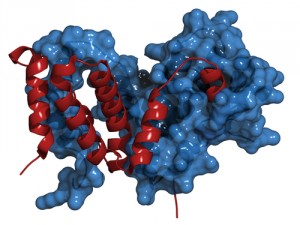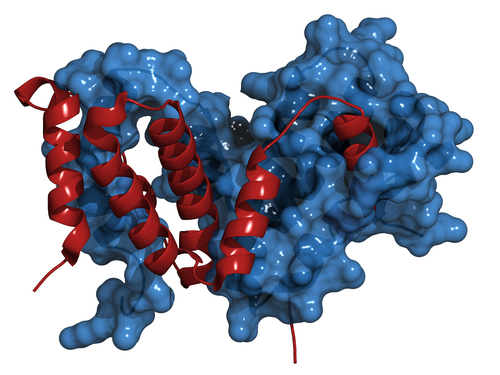 A new study recently published in the journal Clinical Proteomics, entitled “LecT-Hepa facilitates estimating treatment outcome during interferon therapy in chronic hepatitis C patients,” examined the clinical efficacy of LecT-Hepa and evaluated treatment outcomes in patients with chronic hepatitis C (CHC).
A new study recently published in the journal Clinical Proteomics, entitled “LecT-Hepa facilitates estimating treatment outcome during interferon therapy in chronic hepatitis C patients,” examined the clinical efficacy of LecT-Hepa and evaluated treatment outcomes in patients with chronic hepatitis C (CHC).
Chronic hepatitis C virus (HCV) is an extremely prevalent condition that leads to cirrhosis, hepatocellular carcinoma, and liver failure. It is estimated that the condition chronically affects 150 million people worldwide, and that per year >350,000 people die from hepatitis-C-related liver infections.
Currently, the “gold standard” treatment of chronic hepatitis C (CHC) is a combination of interferon and ribavirin. However, estimates are that this treatment for patients with chronic HCV infection only reaches an SVR rate of ~55%. The majority of the patients with HCV show treatment outcomes of no response, viral progression, or relapse. In clinical practice, early prediction of the outcome during or after therapy provides knowledge for individualized treatments that ultimately potentiate higher treatment rates for patients with chronic HCV infection.
Serum indicators are noninvasive tests that have shown to predict treatment outcome at an early stage of treatment and to be beneficial for CHC. Glycomic methods found that LecT-Hepa (a glyco-indicator based on the glyco-alteration of serumα1-acid glycoprotein), is an indicator of liver fibrosis.
To assess treatment outcome of LecT-Hepa, the team of researchers from China, led by Xia Zou, evaluated 97 patients with CHC diagnosis for comparison of LecT-Hepa in serum and plasma, and found no differences in the concentrations of LecT-Hepa in these indicators. Subsequently, the researchers evaluated of the role of LecT-Hepa by analyzing 213 serum specimens derived from 45 patients under interferon and ribavirin treatment for 48 weeks of treatment (follow-up 96 weeks).
This study revealed that adapting the serum level of LecT-Hepa after viral eradication is a predictor of antiviral treatment response in CHC patients treated with a combination of IFN and ribavirin. Moreover, the team of researchers found solid evidence of the effectiveness of serum glycomics opening a new clinical perspective of serum glyco-marker a combined indicator target of CHC.

